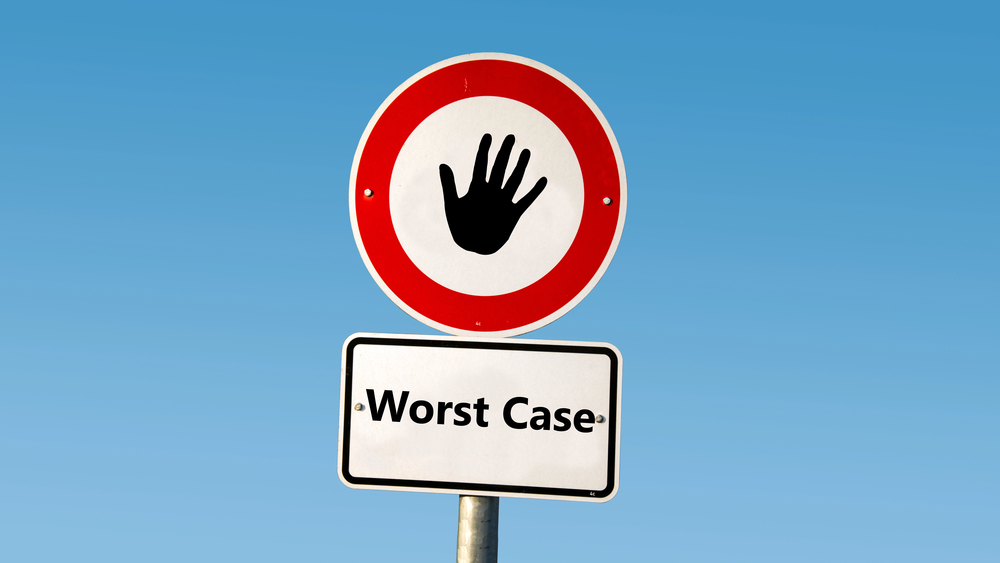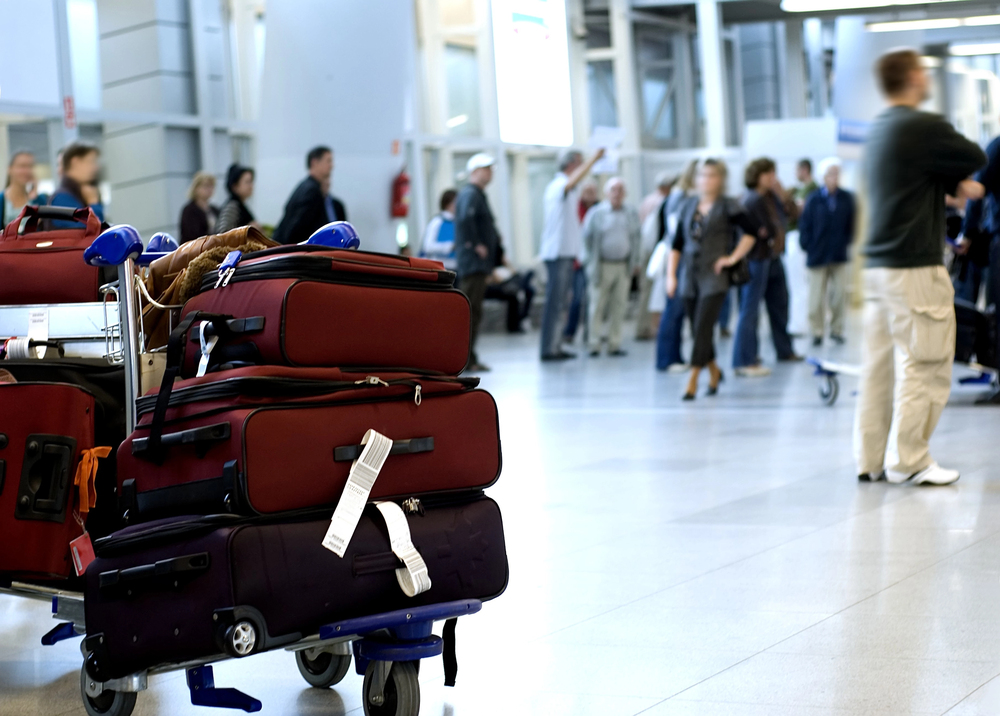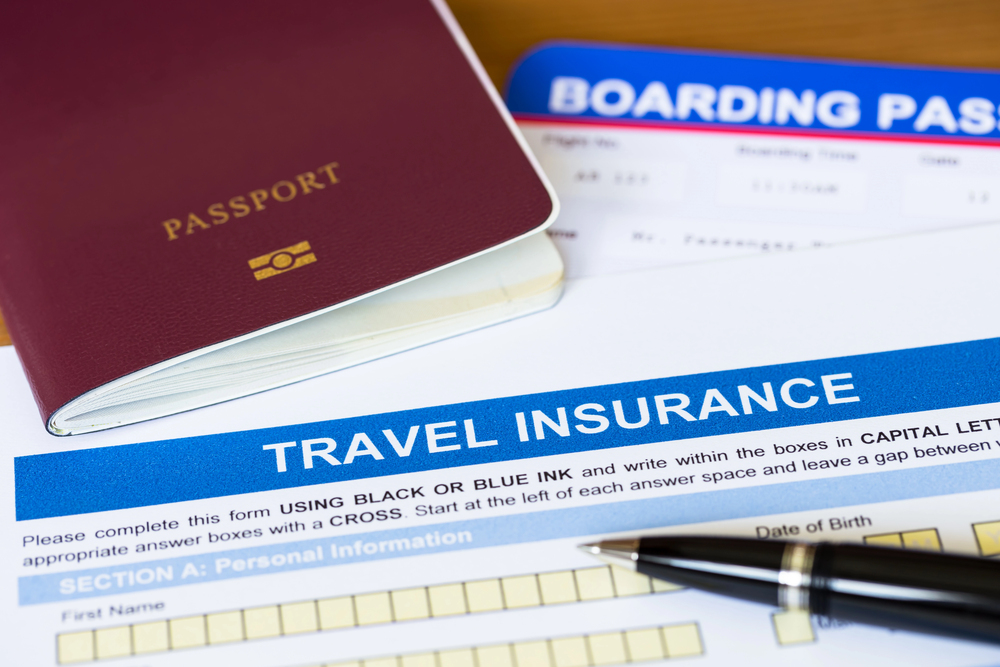Learning about travel insurance claims that get rejected is like studying defensive driving by watching crash videos. It’s unpleasant, but understanding what goes wrong helps you avoid making the same mistakes. Insurance companies process thousands of claims daily, and while many get approved without issues, a significant number get denied for reasons that often surprise policyholders. These rejections aren’t usually the result of malicious intent by insurers, but rather stem from misunderstandings about policy terms, missing documentation, or situations that fall into coverage gaps.
Here is a list of 18 travel insurance claims that got rejected, along with the educational lessons about why each denial happened and how similar situations can be avoided.
Pre-Existing Condition Without Waiver

Sarah’s diabetes flared up during her European cruise, requiring emergency treatment that cost $8,000, but her claim was denied because she hadn’t purchased the pre-existing condition waiver when buying her policy. Travel insurance companies treat pre-existing conditions as high-risk factors.
They’re automatically excluded unless you take specific steps to include them, which usually involves buying coverage within 14–21 days of your initial trip payment and meeting other strict requirements. The insurance company’s logic is straightforward: they don’t want to pay for medical issues that existed before you became their customer, just like a car insurance company won’t cover damage that happened before you bought the policy.
Missing Doctor Documentation

Tom cancelled his $5,000 African safari due to severe back pain, but his claim was rejected because he only had a chiropractor’s note instead of a physician’s statement advising him not to travel. Insurance companies require documentation from specific types of medical professionals, and they’re very particular about which credentials count as ‘legitimate’ medical advice for claim purposes.
This requirement exists because insurers need to verify that your medical issue was serious enough to justify cancelling an expensive trip, and they view certain medical professionals as more authoritative than others in making travel fitness determinations.
Like Travel Pug’s content? Follow us on MSN.
Insufficient Documentation Package

Maria’s luggage was stolen in Rome, but her $3,000 claim for replacement items was denied because she couldn’t provide receipts for the stolen items or a complete police report. Travel insurance operates like a legal proceeding where you need to prove your case with hard evidence, not just your word that something happened.
Insurance companies require specific documentation because they process thousands of claims where people exaggerate losses or claim items they never actually owned, so they’ve developed strict evidence requirements to prevent fraud and ensure they’re only paying legitimate claims.
Policy Exclusion for Adventure Sports

Jake broke his leg while paragliding in Switzerland, but his $15,000 medical claim was denied because extreme sports were specifically excluded from his standard travel policy. Insurance companies view certain activities as inherently risky and either exclude them completely or require additional premium payments to cover them, similar to how your car insurance might exclude coverage for racing.
The reasoning is actuarial: extreme sports generate higher claim frequencies and costs, so they need to be priced separately from regular travel activities to keep standard policies affordable for typical travelers.
Buying Insurance After an Event Occurred

Linda tried to buy travel insurance for her Costa Rica trip after she learned about a hurricane heading toward her destination, but her weather-related cancellation claim was rejected because the storm was already named when she purchased coverage.
Insurance companies have specific cutoff dates for coverage because allowing people to buy insurance after knowing about impending problems would be like letting someone buy fire insurance while their house is already burning. This time-sensitive requirement ensures that insurance remains actual protection against unknown future events rather than a guaranteed payout for problems that are already developing.
Like Travel Pug’s content? Follow us on MSN.
Trip Delay Too Short for Coverage

Robert’s flight was delayed 8 hours due to mechanical issues, but his claim for meal and hotel expenses was denied because his policy required delays of 12 hours or more to trigger coverage. Insurance policies contain specific thresholds and minimums because covering every minor inconvenience would make policies prohibitively expensive for everyone.
The insurance company’s perspective is that travelers should be able to handle minor delays themselves, and coverage should only kick in for more substantial disruptions that create significant additional expenses.
Alcohol-Related Incident Exclusion

Emma’s medical claim for a broken ankle was denied after the insurance company discovered she was intoxicated when she fell down stairs at her hotel in Thailand. Most travel insurance policies exclude coverage for injuries that occur while under the influence of alcohol or drugs, treating these situations similarly to how they handle intentionally risky behavior.
The insurance industry views excessive drinking as a choice that increases risk, and they don’t want to subsidize the consequences of behavior that policyholders have complete control over.
Medical Treatment Without Authorization

Patricia underwent emergency surgery in Bangkok, but her $25,000 claim was denied because she didn’t call the insurance company’s 24-hour assistance line before the procedure for pre-authorization. Many policies require you to contact the insurance company before receiving expensive medical treatment, except in life-threatening emergencies, because they want to help coordinate care and control costs.
This requirement allows the insurance company to direct you to their preferred network providers and ensure you’re receiving appropriate care at reasonable prices rather than potentially unnecessary or overpriced treatments.
Like Travel Pug’s content? Follow us on MSN.
Pre-Existing Condition Look-Back Period

Michael’s heart attack claim was denied because he had seen a cardiologist for chest pains 150 days before buying his travel insurance, falling within his policy’s 180-day look-back period for pre-existing conditions. Insurance companies use look-back periods to identify medical conditions that existed before coverage began, even if you weren’t formally diagnosed or didn’t think the symptoms were serious.
Routine Medical Care Exclusion

Jennifer’s claim for prescription refills and routine blood work during her month-long European stay was denied because travel insurance doesn’t cover ongoing medical maintenance or preventive care. Travel insurance is designed to cover unexpected emergencies, not routine healthcare that you could have received before leaving or planned to handle after returning home.
The insurance company reasons that covering routine care would transform travel insurance from emergency protection into comprehensive health coverage, which would require much higher premiums and different policy structures.
Business Trip vs Personal Travel

Mark’s trip cancellation claim was denied when the insurance company discovered his ‘vacation’ to London was a business trip with some personal time added, changing his coverage eligibility. Many travel insurance policies have different terms for business and leisure travel, or exclude business travel entirely, because business trips have different risk profiles and cancellation patterns.
Insurance companies price policies based on the primary purpose of travel, and they investigate claims to ensure the actual trip matches what was declared during the application process.
Like Travel Pug’s content? Follow us on MSN.
Travel Warning Destination Exclusion

Sandra’s medical evacuation claim from Syria was denied because her policy excluded coverage for travel to destinations where the State Department had issued travel warnings advising against all travel. Insurance companies exclude coverage for dangerous destinations because the risk levels are too high and unpredictable for standard pricing models.
This exclusion protects the insurance company from having to cover costly evacuations and medical treatments in areas where infrastructure has broken down and costs become astronomical.
Group Policy Individual Claim Issues

Carlos tried to file a claim under his employer’s group travel policy, but it was denied because the specific type of coverage he needed was only available to employees traveling on official company business, not personal vacation time. Group travel insurance policies often have specific restrictions about who can use them and under what circumstances, different from individual policies that travelers purchase themselves.
Medication Adjustment Within Coverage Period

Lisa’s diabetic emergency claim was denied because she had adjusted her insulin dosage 60 days before her trip, which the insurance company classified as a change in her pre-existing condition treatment. Insurance companies monitor not just diagnoses and doctor visits, but also medication changes, because these can indicate evolving health conditions that increase risk.
Even minor adjustments to existing prescriptions can reset the clock on pre-existing condition periods, because insurers view any change in treatment as evidence that a condition isn’t stable.
Like Travel Pug’s content? Follow us on MSN.
Natural Disaster Coverage Timing

Kevin’s claim for trip cancellation due to an earthquake in his destination was denied because he bought his insurance after seismic activity had already increased in the region, even though the major earthquake happened later. Insurance companies track developing situations that could lead to claims and establish cutoff dates for coverage based on when threats become reasonably foreseeable.
This prevents people from buying insurance after warning signs appear, but before actual events occur, maintaining the principle that insurance protects against truly unexpected circumstances.
Family Member Definition Restrictions

Rachel’s trip cancellation due to her grandmother’s illness was denied because her policy only covered immediate family members, and the insurance company classified grandparents as extended family. Travel insurance policies contain specific definitions of who qualifies as immediate family for coverage purposes, typically limiting it to spouses, children, parents, and siblings.
These restrictions exist because expanding coverage to all possible family relationships would increase claim frequency and costs, requiring higher premiums for everyone.
Mental Health Treatment Exclusions

Brian’s claim for treatment of anxiety and panic attacks during his trip was denied because his policy excluded coverage for mental health conditions except in very specific emergency circumstances. Many travel insurance policies have limited or no coverage for mental health issues, treating them differently from physical medical conditions.
This exclusion reflects both the insurance industry’s historical approach to mental health and the challenges of defining and verifying mental health emergencies while traveling, though this is slowly changing as mental health awareness increases.
Like Travel Pug’s content? Follow us on MSN.
Baggage Delay vs Loss Confusion

Michelle filed a claim for lost luggage, but it was denied because her bags were actually delayed, not permanently lost, and her policy had different coverage limits and requirements for delays versus permanent loss. Insurance companies distinguish between temporary inconvenience and permanent loss because they require different types of documentation and have different compensation structures.
From Simple Coverage to Complex Contracts

Travel insurance has evolved from straightforward policies that covered basic trip cancellations and medical emergencies into complex financial instruments with dozens of exclusions, conditions, and requirements that can trap unwary travelers. What began as simple protection against obvious travel mishaps has become a specialized form of risk management that requires careful study and strategic planning to use effectively.
Modern policies contain so many specific conditions, look-back periods, documentation requirements, and definitional nuances that even experienced travelers can find themselves caught off guard by rejections for reasons they never anticipated.
More from Travel Pug

- 20 Best Beach Towns in the Carolinas
- 13 Destinations Where Tourists Regularly Regret Their Trip
- 20 Things You Actually Get in First Class
- 20 Small Airports With Aviation Museums
- 20 Places in the U.S. That Are Perfect for a Reset Trip
Like Travel Pug’s content? Follow us on MSN.
